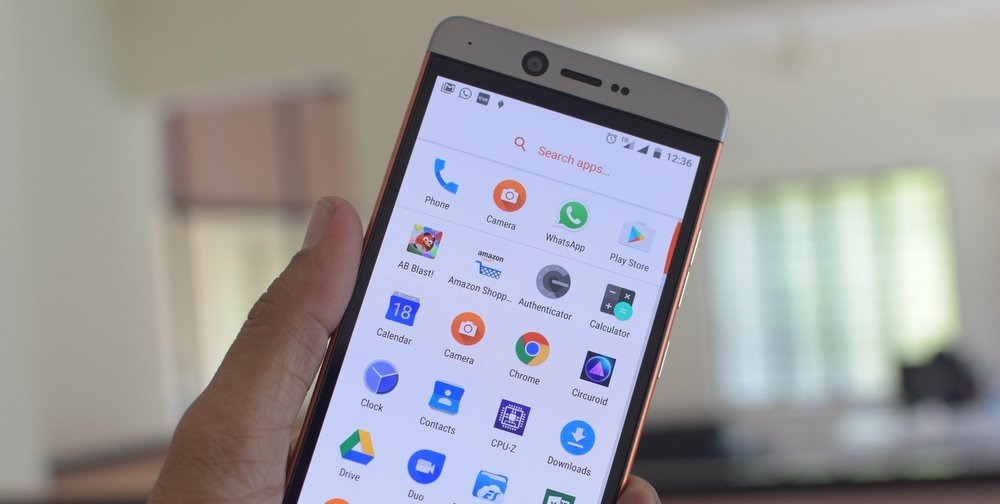Shocking! 70% Of Mobile Apps Will Share Your Personal Data With 3rd Parties – Whether You Like It Or Not

Globally, over 1 trillion hours of mobile app usage was recorded in 2016. This means that billions of smartphone users spent a considerable amount of time on their smartphones, using applications for various purposes.
But, what about the data being exchanged with the application while using it? What happens to that data once the usage is over?
A recent study was conducted, which informs us that 7 out of 10 apps will share our personal details with 3rd party advertisers, whether we like it or not.
Is privacy a myth now?
Lumen Privacy Monitor: The Transparency Checker
Researchers from IMDEA Networks Institute in Spain, along with International Computer Science Institute (ICSI), UC Berkeley created a unique app called Lumen Privacy Monitor.
This app is unique because this has been designed in a way which makes it transparent to the user, regarding the information various apps on your phone is sending out to third-party analytics firms and tracking companies.
Hence, if you are visiting a coffee house, and spend say 30 minutes over there, then the Lumen Privacy Monitor will monitor how your Facebook app is sending this information to 3rd party vendors and advertisers.
The description for Lumen Privacy Monitor says, “Lumen (previously called ICSI Haystack) analyses your app’s traffic and reveals how your mobile apps communicate with tracking services and how they collect sensitive personal information such as your phone number or location for advertising, tracking or analytics purposes.”
You can install the app here.
70% of All Apps Will Share Your Data: The Discovery
Since 2015, more than 1600 people have used this Lumen app, and have helped the researchers to analyse the tracking behaviour of more than 5000 apps.
The study found that more than 598 apps and sites will be sharing your personal data, even if you have not granted permission. This includes Facebook, Google, Yahoo and other major social media portals and search engines.
The study said, “We discovered 598 internet sites likely to be tracking users for advertising purposes, including social media services like Facebook, large internet companies like Google and Yahoo, and online marketing companies under the umbrella of internet service providers like Verizon Wireless,”
The report says that once the user grants permission for using some of the features of the handset, say GPS for navigation or videos for video calls, the take over entire control mechanism, and share whatever data they want.
Who will actually check this privacy intrusion? Is there any mechanism to stop this?
We will keep you updated.
